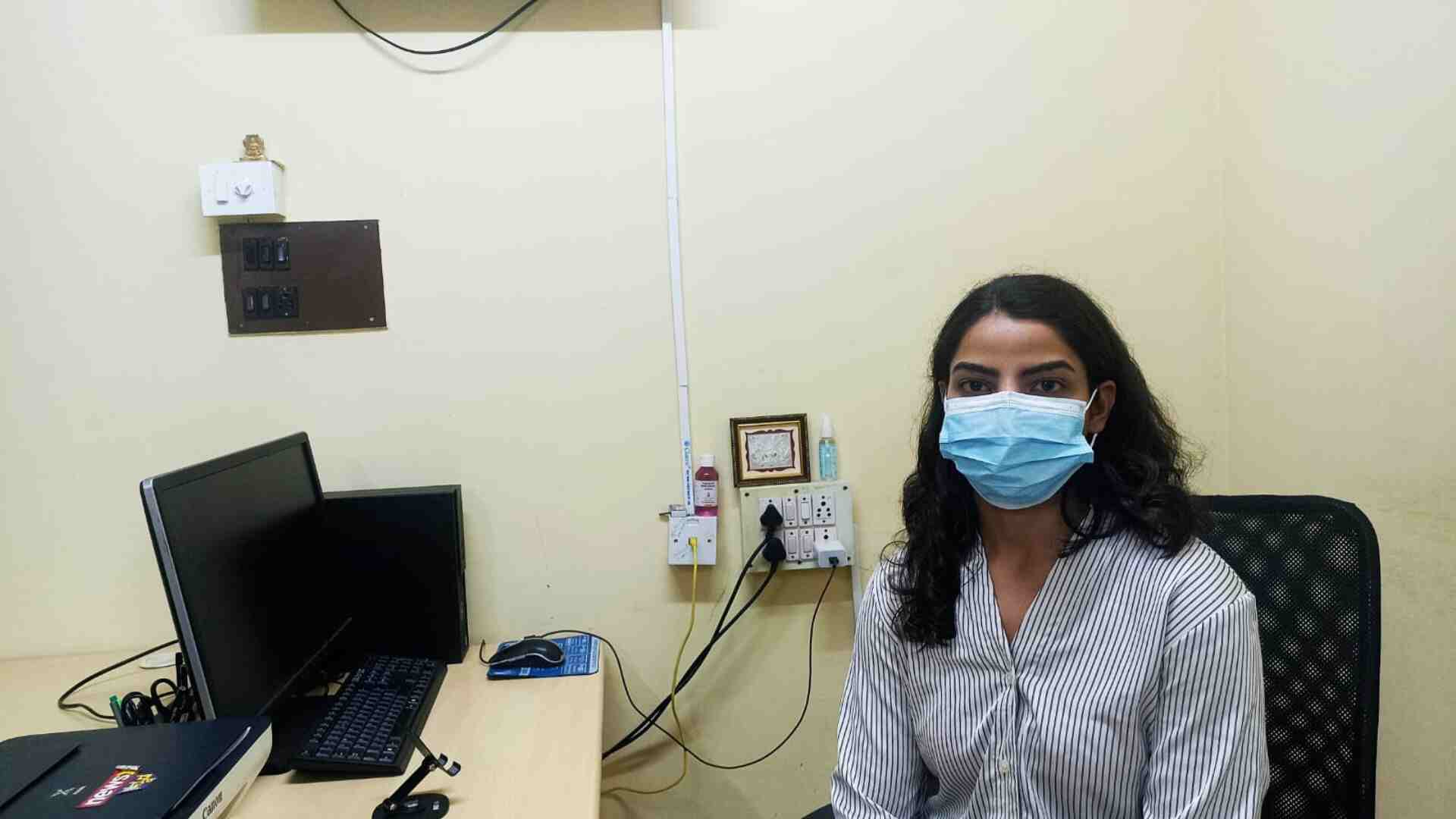
Hilsa fish, or ilish, is a cherished staple in Bengali cuisine and holds a special place as the national fish of Bangladesh. This fatty, oily fish is renowned for its rich flavor and is a dietary favorite among many residents of West Bengal and Bangladesh. Not only is it delicious, but hilsa is also packed with nutritional benefits. However, it may not be suitable for everyone.
A 100-gram serving of hilsa fish offers 21.8 grams of protein and is loaded with omega-3 fatty acids, which are beneficial for heart health and blood circulation. The fish is also rich in essential minerals like calcium, magnesium, and iron. These nutrients contribute to various health benefits, including:
Despite its benefits, hilsa fish may not be suitable for everyone. Individuals with allergies or digestive issues should be cautious. According to the Allergy and Asthma Network India (AANI), consuming hilsa can trigger a range of allergic reactions, including breathing difficulties, hives, runny nose, constant sneezing, stomach cramps, skin irritation, and boils.
Hilsa also has a higher cholesterol content compared to other fish. People with high cholesterol or diabetes should avoid it, as it can exacerbate these conditions. For those with an HbA1c level above 6.5, it is advisable to avoid hilsa altogether. For those with an HbA1c of 6.5 or below, limiting intake to 200 grams per month is recommended.
In summary, while hilsa fish offers numerous health benefits, it’s important to consider its potential side effects and consult with a healthcare provider if you have existing health conditions.















